Ermanno Wolf-Ferrari I gioielli della Madonna (The Jewels of the Madonna); Kyungho Kim, Natalia Ushakova, Denisa Šlepkovská, Daniel Čapkovič, cond: Friedrich Haider, dir: Manfred Schweigkofler; Slovak National Theatre, Bratislava
Reviewed by Robert Hugill on May 29 2015
Star rating:
Vibrant and convincing revival of rare Wolf-Ferrari opera
With 27 named roles and a large orchestra (including instruments such as mandolins), Ermanno Wolf-Ferrari's 1911 opera, I gioielli della Madonna (The Jewels of the Madonna) might seem a surprising choice for a relatively small opera house like the Slovak National Theatre / Slovenské národné divadlo (SND) in Bratislava, Slovakia. But the company's music director and opera director is the Austrian conductor Friedrich Haider, who is something of a Wolf-Ferrari expert having recorded Wolf-Ferrari's opera Il segreto di Susanna (Susanna's secret) and the violin concerto, and the house has a large permanent ensemble with a big choir from whom it was possible to cast the large number of important comprimario role (see my interview with Friedrich Haider on this blog)
Reviewed by Robert Hugill on May 29 2015
Star rating:
Vibrant and convincing revival of rare Wolf-Ferrari opera
 |
| Act 3 Jana Bernáthová (Stella), Daniel Čapkovič (Rafaele), Mária Rychlová (Concetta), Michaela Šebestová (Serena) |
 |
| Kyungho Kim (Gennaro) |
The plot is relatively straightforward, Gennaro (Kyungho Kim) is a young blacksmith who has three obsessions, his mother Carmela (Denisa Šlepkovská), the Madonna and his foster sister Maliella (Denisa Šlepkovská). This latter is rather wild, wanting to enjoy life but is kept confined by her family. She is being courted by Rafaele (Daniel Čapkovič) the head of the local Camorra.
 |
| Act 1 Natalia Ushakova (Maliella) |






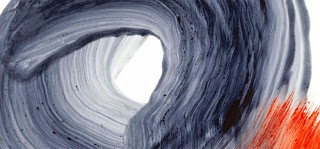








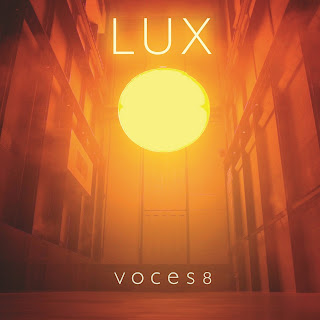
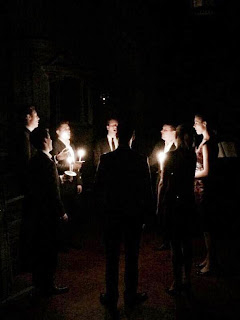




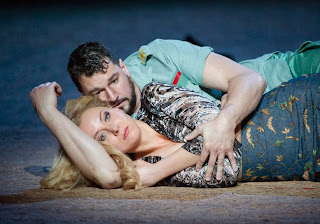


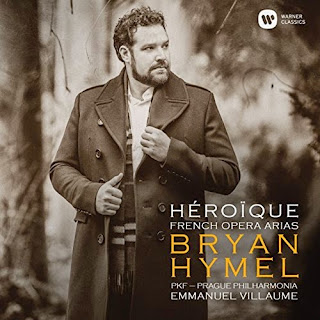




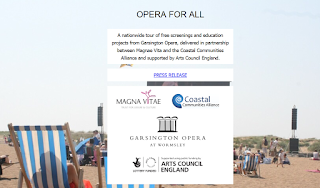





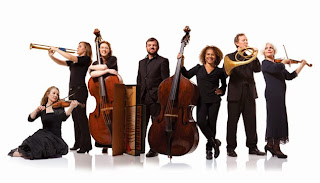

.jpg)







